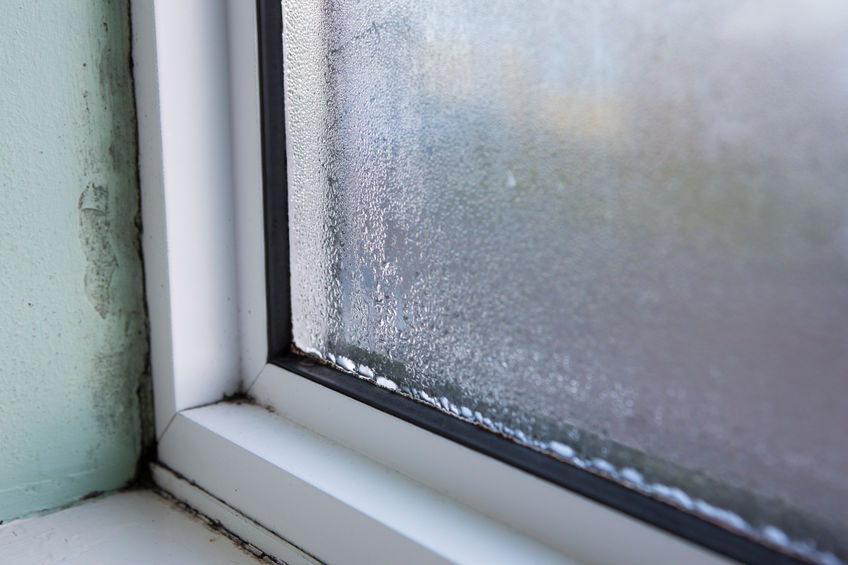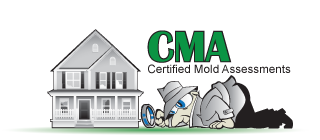 Mold is a common problem among homeowners who live in a damp and moist environment. It can grow on any type of surface, exposing you to serious health problems. Mold grows quickly in areas with constant moisture and may cause extensive damage to your property if left unattended. There is no amount of mold that is considered safe since any traces of mold can cause health problems for people who are allergic or asthmatic.
Mold is a common problem among homeowners who live in a damp and moist environment. It can grow on any type of surface, exposing you to serious health problems. Mold grows quickly in areas with constant moisture and may cause extensive damage to your property if left unattended. There is no amount of mold that is considered safe since any traces of mold can cause health problems for people who are allergic or asthmatic.
Mold usually begins as tiny black spots that grow into large colonies, extending to other open surfaces around your home. However, not all molds are visible since others remain hidden behind walls, carpets, and furniture. In this article, we look at various signs and symptoms that tell if your house has mold.
- Visible Signs of Mold Growth
While it may seem like an obvious sign of mold growth, many people cannot tell the difference, as they confuse the black spots with dirt or soot. Mold often starts to grow in small patches before spreading to a larger area. This may happen over a short time, especially in areas that experience constant moisture and high levels of mold. It is important to take immediate action once you spot mold growth, as it may become a bigger problem in the future. In most cases, mold appears as clusters of black spots but can take other forms such as gray, green, brown or white color.
- Musty Odor
Musty odor signals the presence of mold growth that is hidden somewhere in your house. It can be growing under your carpet, in the attic, behind walls and furniture, or crawlspaces. Many homeowners often notice the musty smell every time they walk into their front door because of the difference in air quality. The moldy odor may get worse if your home has poor ventilation and high levels of humidity. The mold inside the house usually smells musty and damp and is not something you can ignore or eliminate using air fresheners. It is advisable to take care of the situation before it becomes a pervasive problem.
- Water Leaks
If you have been experiencing water leakages in your walls, roof or other plumbing in your home, you are more likely to encounter a mold problem. Constant water leakages often produce high levels of moisture in the most overlooked places such as the attic or behind walls. Walls that are warped, bulging or bowed are signs that you have a moisture problem and excess moisture facilitates mold growth. Over time, the paint may start to crack and peel off, revealing the extensive damage caused by mold.
- Allergic Symptoms
Common allergic reactions such as coughing, sneezing, wheezing, runny nose, sore eyes and itchy skin may be a sign that you have a mold problem. People who are asthmatic or allergic to mold spores may exhibit the above symptoms when spending time indoors but feel better when they go outside. Mold spores may float in the air for some time if your house is poorly ventilated. It is important to locate and eliminate the mold, as it guarantees good health and peace of mind for people who are allergic or asthmatic.
- History of Flooding in the Home
You may want to check for mold if there is an area in your home that gets flooded every time it rains. The flooded water may find its way to the basement or your home’s foundation if it is allowed to stay outside the compound for a long period. Not only does it lead to mold problems but floods also weaken your structure, causing extensive damage to property. Past flooding can cause mold growth when water or moisture is trapped inside walls or crevices around your house.
Why You Should Get Professional Mold Inspection
The fact that you do not see any mold or notice a musty smell in your home, does not mean that you are safe from mold. A professional mold inspection can help detect any small traces of mold and provide a better remediation strategy to eliminate the problem. Mold remediation experts use special equipment that goes beyond the sense of smell or sight.
If you suspect that you may have a mold problem in your house, it is advisable to contact a qualified professional or remediation company to get rid of the issue. It is important to keep humidity levels at a minimum and get eliminate moisture, as it is the main reason behind mold growth. The best way to ensure you do not end up with additional expenses or mold-related health issues is to work with remediation professionals to properly detect and safely remove mold from your house.
